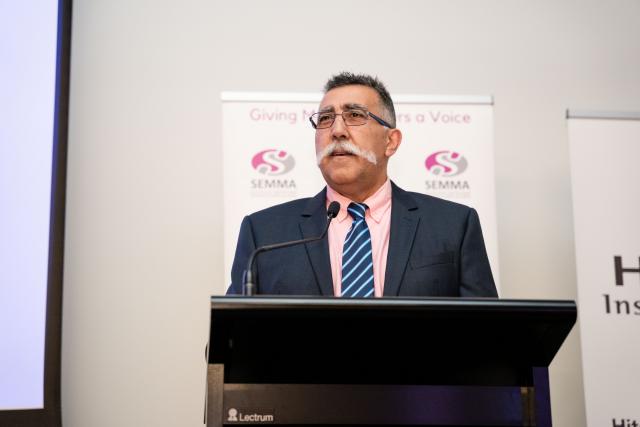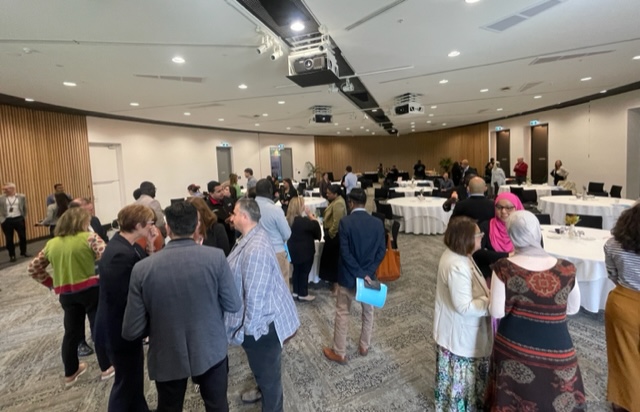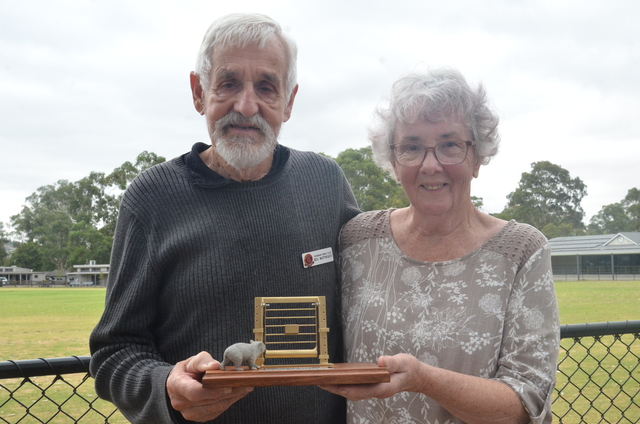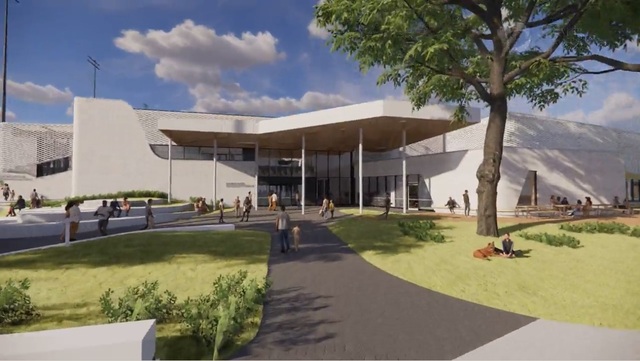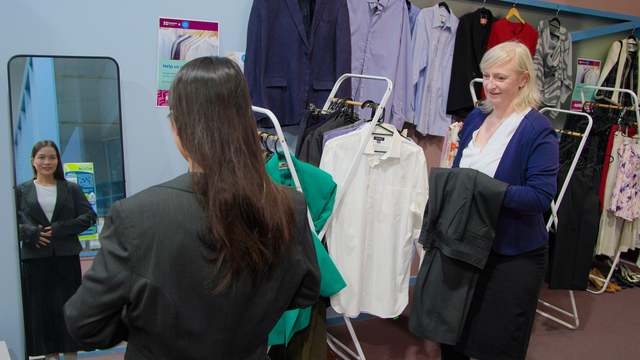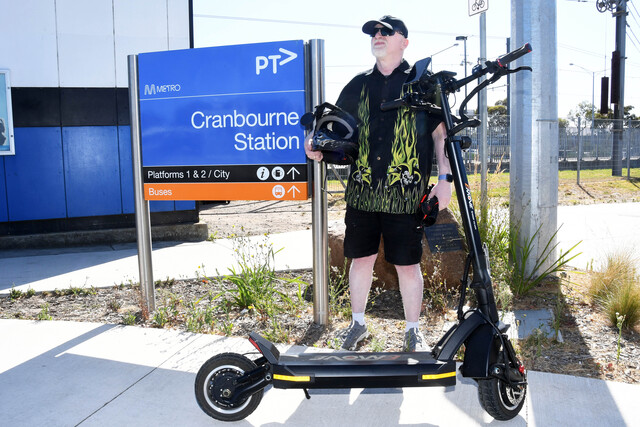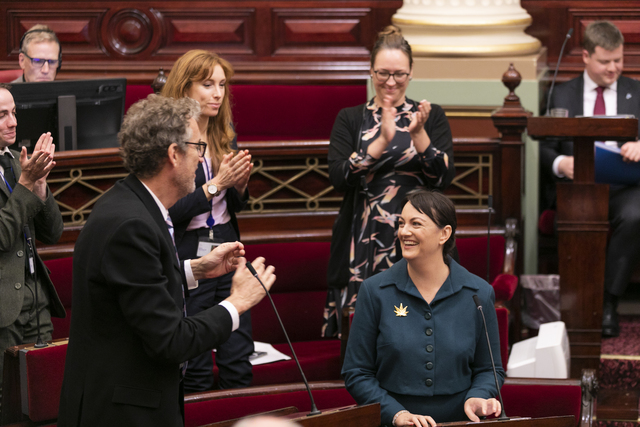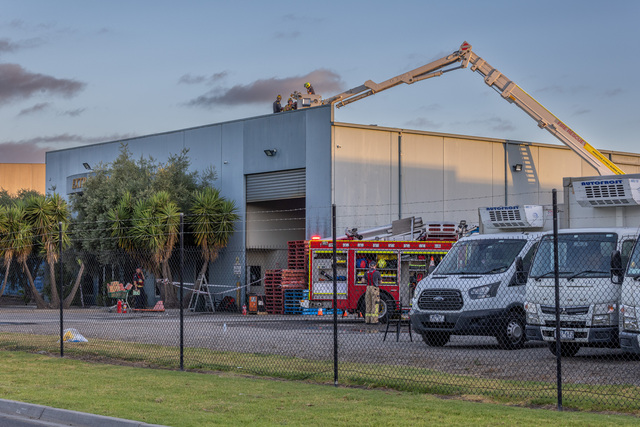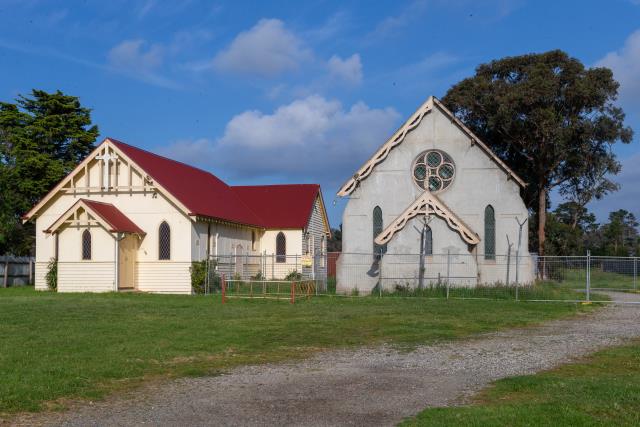South East Melbourne Manufacturers Alliance (SEMMA) has welcomed the State Government’s Victorian Industry Policy (VIP), but says it needs a “manufacturing specific” focus.
The VIP, which was released in June, is focused on advanced technology and innovation, as well as aligning workforce skills to the needs of industry.
While SEMMA has commended the policy, it stresses that more measures are needed to achieve its goal of growing the Victorian manufacturing sector to encompass 10 per cent of the state’s overall GDP.
SEMMA has stated that the VIP focuses too much on the Victorian housing sector to the detriment of manufacturing.
In its Australian Manufacturing Blueprint – 2025 and Beyond, SEMMA calls for the reduction of the corporate tax rate to 15 per cent, the introduction of no or low interest loans for manufacturers, and a diversified energy push that includes a focus on nuclear power in addition to the government’s current strong push towards renewables.
SEMMA president Peter Angelico said “the VIP supports innovation, skills, and renewable energy but lacks SEMMA’s manufacturing-specific focus”.
“It omits a 15 per cent tax cap, low-interest loans, and a capital allowance scheme, critical for SME investment, especially as global competitors like the US plan (for) a 15 per cent corporate tax.”
Mr Angelico was also critical of the government’s current regulatory framework.
“The VIP’s regulatory reforms are broad, lacking SEMMA’s call for a less-than-25-employee business definition of SME’s and a 90% local content mandate,” Mr Angelico said.
SEMMA has suggested that the State Government’s free TAFE policies should be augmented with $50,000 leadership grants, state-led university and business partnerships, research and development efforts to aid small to medium enterprises (SME) and the expansion of migration numbers to allow skilled migrants to fill specialised roles.
This is the latest in a series of suggestions and criticisms SEMMA has made to the State Government across the year.
At the beginning of the month, SEMMA criticised the government’s decision to hold WorkCover premium rates at 1.8 per cent and in May called for a cap on land tax rates alongside changes to the methods used to calculate tax rates.
A reduction of the corporate tax rate to 15 per cent, recommended in the Blueprint, was also a key focus of SEMMA’s pre-budget submission in February.
“We are setting the stage for a thriving and competitive manufacturing sector,” said SEMMA CEO Honi Walker, “but we need our policymakers to engage with us.”
Liberal Party Member for Kew Jess Wilson has accused the VIP of being a ‘recycled’ old policy, claiming that only one of the 32 announced initiatives is original policy.
Ms Wilson went so far as to label the policy and its accompanying growth statement as a ‘fraud’, and echoed SEMMA’s claims of an overwhelming tax burden being placed on Victorian manufacturers.
“Recycling old ideas and selling existing policies as something new, is an insult to Victorian industry, employers and workers who continue to face the most uncompetitive business conditions in the nation,” said Ms Wilson.
“After a decade, this tired Labor government is clearly out of ideas and inspiration to drive industry forward and create economic opportunities for Victorians.”
Minister for Industry and Advanced Manufacturing Colin Brooks has stated that the VIP is “backing Victorian business” and has pointed out that Victoria has led the nation in jobs, economic and business investment growth, with more than 680,000 more Victorians employed since 2020.
Mr Brooks has stressed the role of innovative technologies, many developed in Victoria, intended to streamline manufacturing and lower operating costs, such as the new Additive Manufacturing Cooperative Research Centre (CRC) – an industry-led collaborative research funding organisation that focuses on advancing Australia’s 3D printing industry, as well as the use of smart tech to speed up construction.
Mr Brooks notes that under the VIP, $116 million will be invested in new manufacturing technologies, which is projected to boost the Australian economy by $2.8 billion in the next 15 years.
Victorian Chamber of Commerce and Industry CEO Paul Guerra said the VIP was “the strongest signal yet that government is listening to business”.
“The Victorian Industry Policy delivers a practical framework that addresses the issues holding back growth – from energy and skills to land and exports.”

